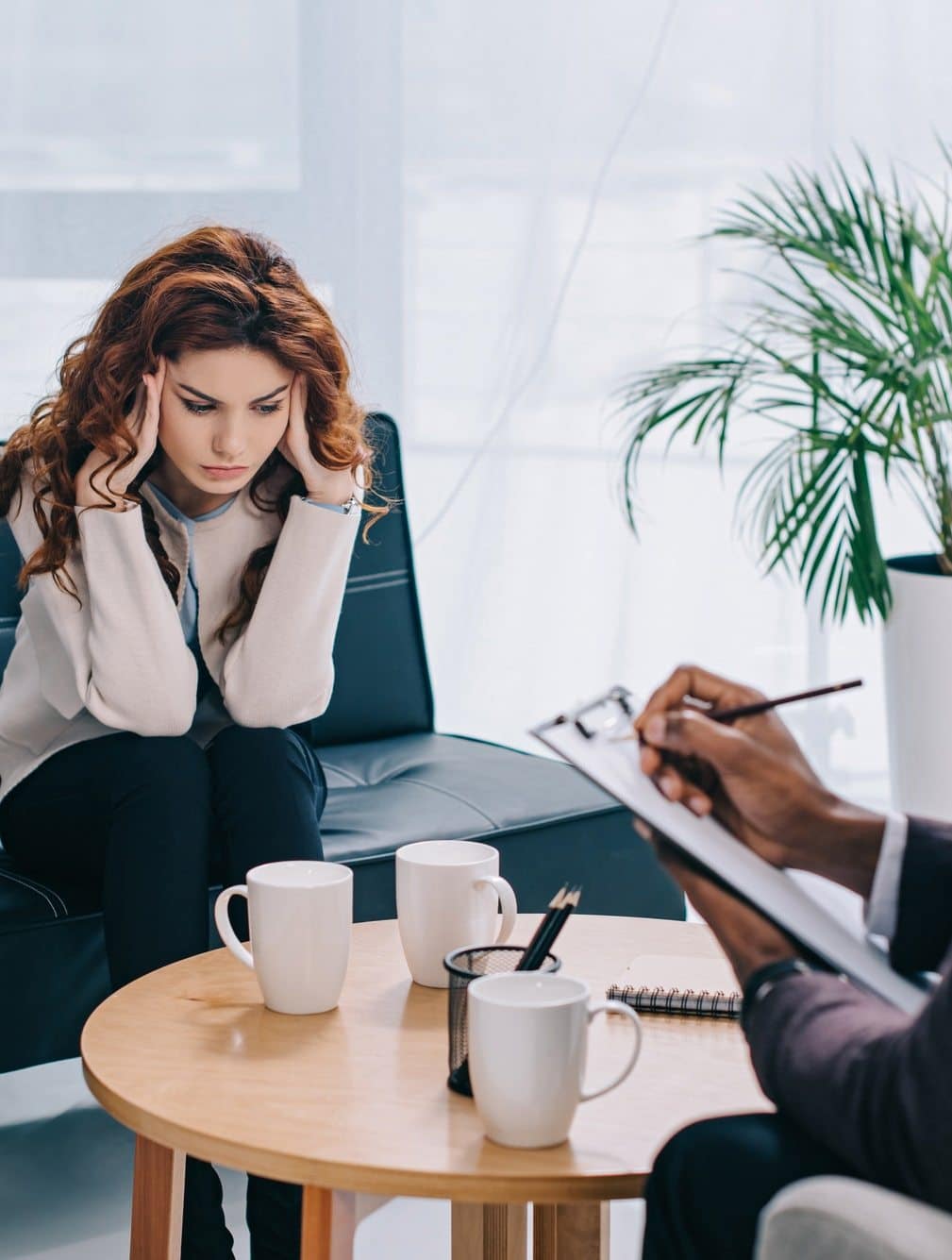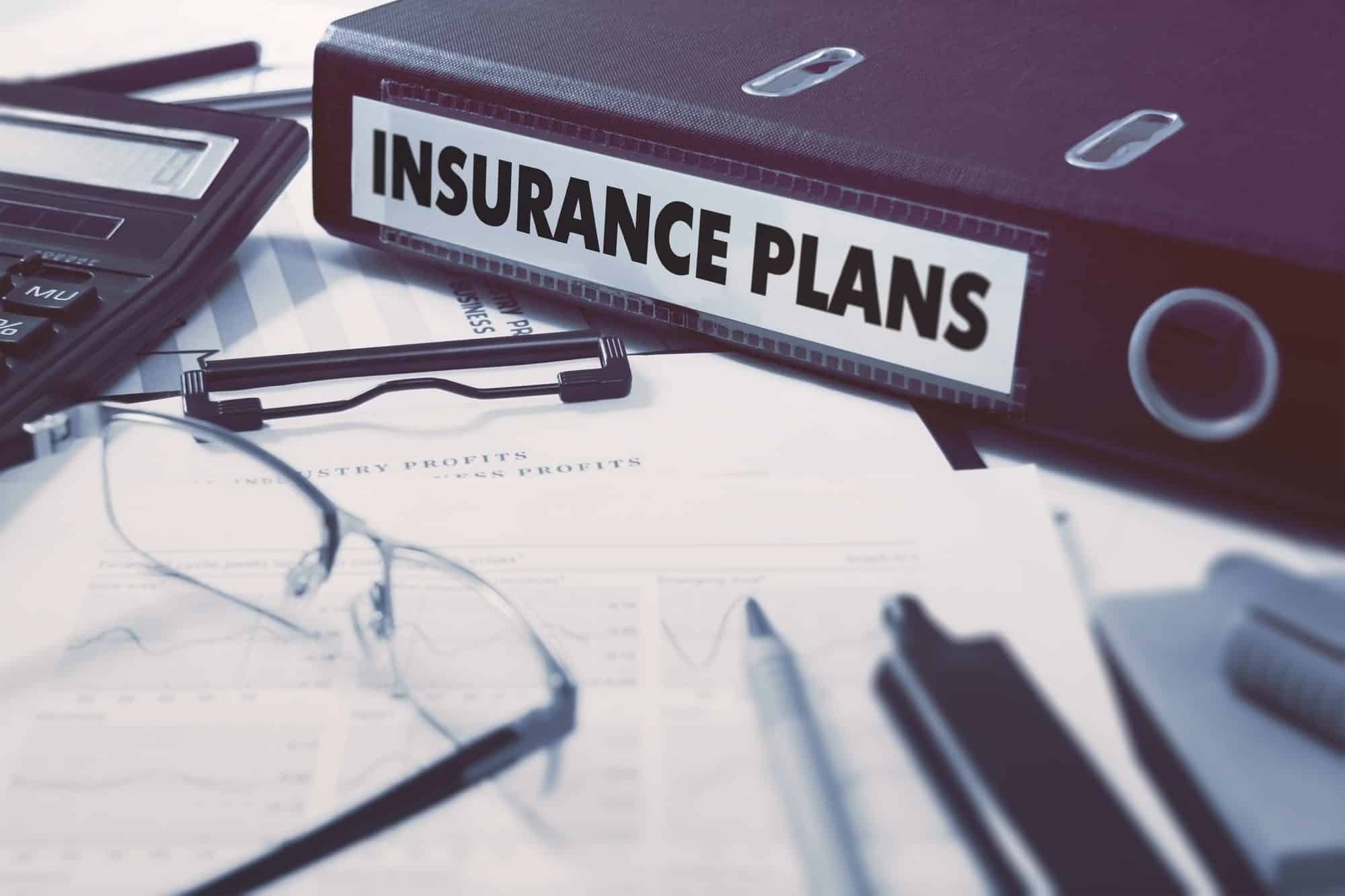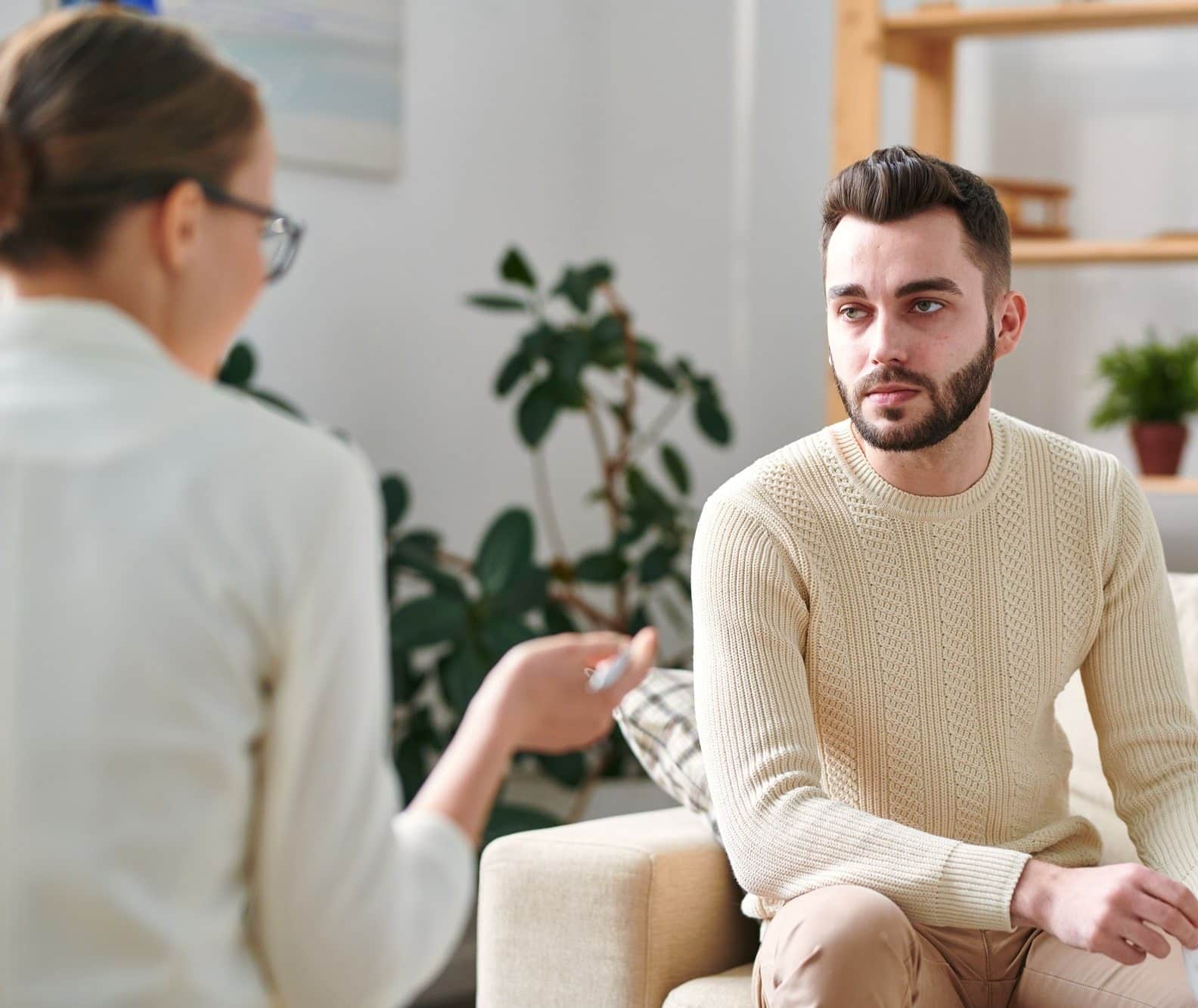Table of Contents
Drug addiction and alcoholism are rising issues in the U.S., including in Georgia. According to the substance abuse statistics data released by the Georgia Department of Public Health, from 2019 to 2021, there was a 55.9% increase in overdoses from drugs. If you live in Georgia and struggle with mental health issues, addiction or both, Behavioral Health Centers can help.
Escape your local surroundings and join us at our luxurious treatment center, where qualified staff are on-hand 24/7 to guide you through the recovery process.
Our Port St. Lucie, FL, rehab center offers state-of-the-art therapeutic treatments alongside a compassionate caring environment. No matter how long you’ve suffered with mental illness, addiction or co-occurring disorders, our addiction and mental health treatment team can help you find freedom.
Mental and behavioral health issues such as substance use disorders and depression can leave people feeling lost, alone and hopeless. Despite the fact that scientists know these disorders occur for reasons beyond your control, there’s still a social stigma to admitting you have a problem.
In this situation, asking for help is the strongest thing you can do. A mental health disorder isn’t a choice or a sign of weakness; you deserve all the help you can get. Below are the Mental Health and Addiction Treatment options available to Georgia patients at Behavioral Health Centers.
Detox With Medication-Assisted Treatment
When you struggle with substance abuse, the chemicals that maintain your brain and body are affected. That’s why it’s harder to do things like get to sleep or wake up, feel motivated or maintain a healthy lifestyle. Detoxification is the process your body goes through when you stop taking drugs or alcohol and your body rediscovers its natural balance.
Most people who come to drug rehab need a detox and medication management program so they’re ready for the therapeutic element of addiction recovery, and there’s no better place than a residential facility. Expect a full treatment team of medical experts on hand around the clock and gentle programming that helps you relax and reset.
The amount of time it takes your body to purge the toxins depends on the type of drugs you use, how long you’ve used them and the amount you were taking. In general, a drug or alcohol detox takes between three and 10 days, and as soon as it’s done, you’re ready for rehab.
Inpatient Rehab Center for Residents in Georgia
Although we offer partial hospitalization and intensive outpatient programs here at our treatment center in Florida, Residential rehab is still the most effective form of addiction treatment because it provides you with an unparalleled opportunity to hit the reset button and make a fresh start. For many people with alcohol or drug addiction, a healthy routine is a distant memory — or something they never learned at all.
An inpatient addiction treatment program has a built-in healthy schedule, with consistent wake-up and sleep times, regular exercise, healthy meals and a ready-made support network. You don’t need to worry about setting an alarm, making your way to therapy appointments or making sure you get enough healthy food for the day.
With healthy habits in place, it’s easier to maintain sobriety long-term, but getting into them is easier said than done. However, replacing unhelpful habits with helpful ones is a key element of recovery, and a residential treatment facility is the best place to start.


Inpatient Mental Health Treatment for Residents in Georgia
Many people with mental health issues such as anxiety or depression feel like struggle and emotional pain is something they’re doomed to live with forever. But mental health care professionals have a better understanding of these illnesses now than at any other point in history. Our team can help you manage and minimize your symptoms so you can live a well-rounded, fulfilled life.
From having the opportunity to find out which type of therapy works best for you to being surrounded by like-minded people who understand what you’re going through, there are many reasons why residential mental health care is so effective. Let our warm, compassionate team help you learn how to help yourself — even when you’re at your lowest.
Dual Diagnosis Treatment
Alcohol and drug addiction have a number of genetic, environmental and social causes, as do mental health disorders. When someone is addicted to a substance, it’s important to find out the underlying reasons to ensure the best treatment options are explored. In many cases, mental illness and addiction go hand in hand — and they make each other worse.
Substances can provide irresistible short-term relief for people with mental illness. However, the positive effects are often short-lived and ultimately leave the sufferer feeling even worse, driving them to use more. There’s also evidence that substance abuse can contribute to triggering mental health issues such as psychosis, depression and anxiety.
It’s important that someone with a co-occurring disorder gets a diagnosis so both the mental illness and the addiction can be treated.

What Happens During Inpatient Treatment?
When you begin your journey with us, you go through an assessment and confidential screening so we can develop a personalized treatment plan based on your medical history and unique needs. What’s more, different people respond better to different therapeutic approaches. As such, no two programs look the same.
Below is an outline of what Georgia residents might expect during inpatient treatment.
Individual Therapy
Talk therapy is the mainstay of addiction and mental health treatment, and there are tons of different approaches to try out, including:
During these sessions, you work with a qualified professional to learn how to accept where you’re at, understand why change is necessary and devise new coping mechanisms
Brain Stimulation Therapy
We use noninvasive, FDA-approved brain stimulation techniques to stimulate underactive areas of the brain that can contribute to issues such as depression and anxiety. This type of therapy can offer almost instant relief, with no pain or dangerous side effects. It can be particularly effective for people who have a clinical depression diagnosis and have been resistant to talk therapy and medication.
Support Groups
Support groups are an indispensable part of the recovery process, helping you gain perspective over your experiences, develop empathy and listening skills and learn how to speak up about your feelings. You’ll take part in group therapy during your stay with us, and we can refer you to local support groups in Georgia once you’re ready to head back home.


Family Therapy and Couples Therapy
It’s often stated that addiction is a family disease, and for good reason. Behavioral health issues rarely impact a single individual without sending a ripple effect out to everyone close to the sufferer. Whether you struggle with addiction, anxiety, depression or a personality disorder, it’s an unfortunate fact that your relationships are probably strained.
These types of illness often make it harder to be compassionate and conscientious, which can bring up feelings of guilt and shame — further reinforcing the feelings that cause you to turn to substances. Seeking counseling to repair your relationships can speed up the recovery process as the people around you have a better understanding of what you’re going through and how to help you and themselves.
Skills-Building
A major component of the recovery process involves shifting from your current lifestyle into a totally new way of living. This often involves learning healthy habits that you either never learned growing up or have struggled to get back into for whatever reason. While a healthy diet, regular exercise, a consistent routine and hobbies aren’t stand-alone cures for addiction, they can act as a shield when combined. The skills-building component of our specialty tracks program can help you find a lifestyle that’s fulfilling for you and conducive to long-term sobriety.
Will My Insurance Cover Rehab?
Most Georgia insurance companies offer some level of coverage for addiction and behavioral health treatment. We’re partnered with several large insurance providers, making it easy for you to cover the costs of care and get the help you need without a major financial burden. It’s best to talk to our admissions counselors today to know if your insurance can cover your treatment. Some of the insurers we work with include:
- Aetna
- Beacon Health
- Blue Cross
- Cigna
- Emblem Health
- Empire
- Government Employee Health Association

Free Addiction Resources in Georgia
If you’re not able to get the help you need right now due to professional or family commitments, there are local groups that could help you get on the road to recovery.
Below are some free drug and alcohol resources for residents in Georgia.
Alcoholics Anonymous
Narcotics Anonymous

Traveling From Georgia to Florida
Getting to Port St. Lucie, FL, from Georgia by car takes around six and a half hours, and we’d recommend coming with someone to provide support and encouragement along the way. Buses and trains might be available for this route, but keep in mind the travel time will be much longer. Your fastest route is via plane from Georgia to Palm Beach International Airport, which usually takes around an hour and a half.
There are a number of reasons you might choose to come to Florida for rehab, such as:
- To recover in a retreat amidst Florida’s beautiful surroundings
- For the additional privacy afforded by being out of state
- As a way of escaping the temptations in your local area
- To escape any potential triggers in your local area
- For a specific treatment program at the rehab facility of your choosing
Verify Your Benefits
With help from the team at Behavioral Health Centers, you can set yourself free from the symptoms of addiction and mental illness.


